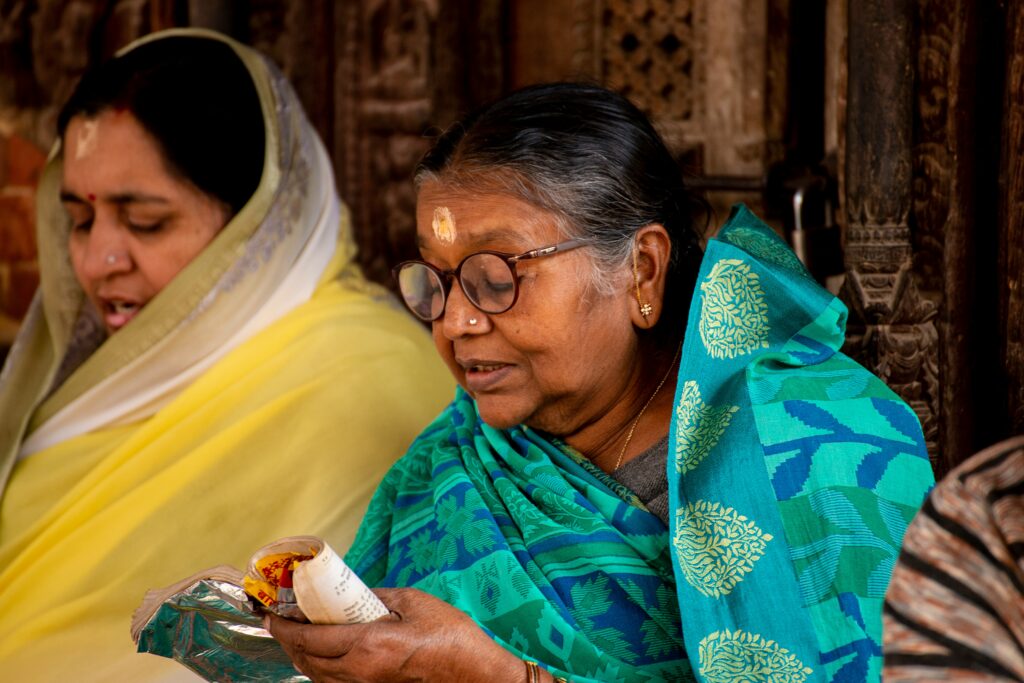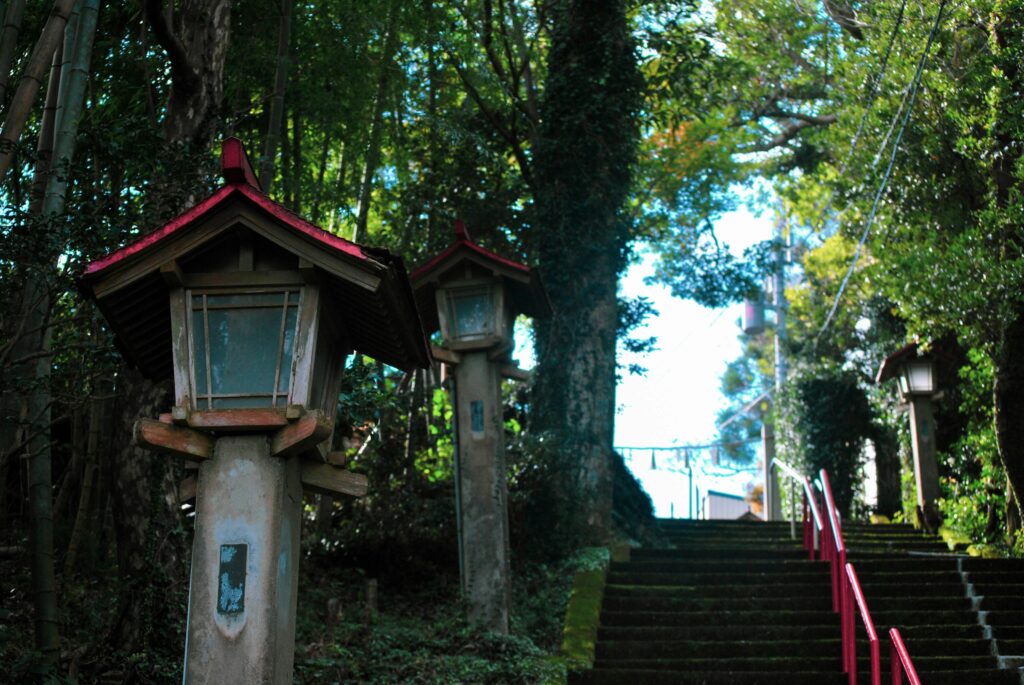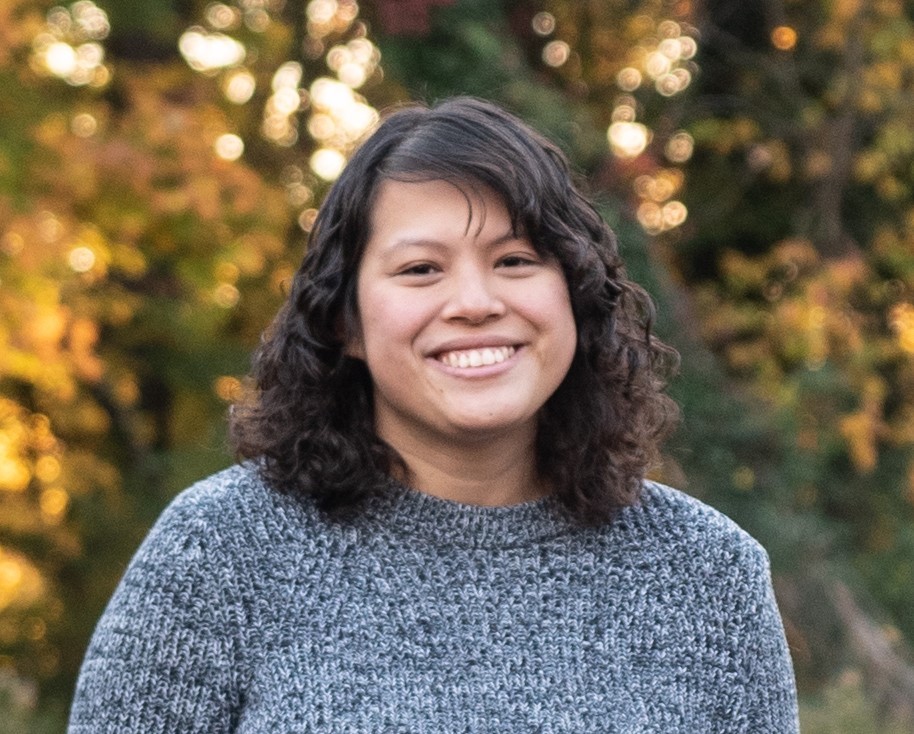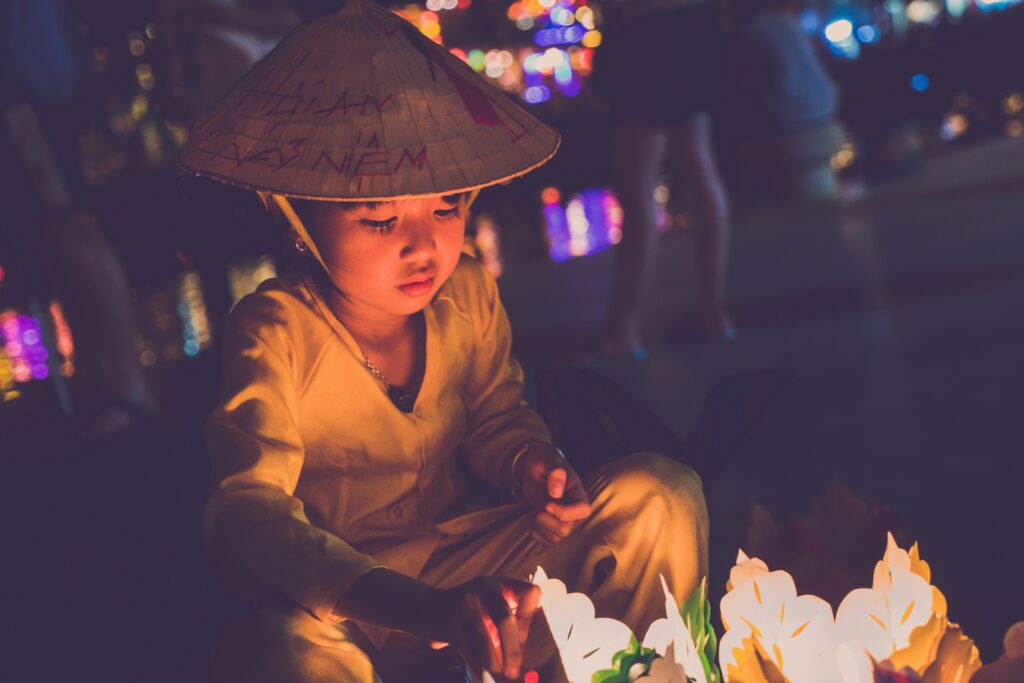Dear Asian-American/Pacific Islander readers,
As we celebrate our unique and beautiful cultural heritage this month, I would like to have a conversation about a complex and nuanced topic: Balancing our cultural heritage with Western societal norms. As a licensed professional counselor with a foot in two worlds, I can relate to this balancing act, and all its accompanying thoughts and feelings. Developing our personal identity is a journey of navigating different traditions, customs, and beliefs. But more than that, it is an insightful exploration of identity, self-discovery and belonging.
Embracing our roots, honoring our present
The experience of juggling both worlds is a deeply personal and often a challenging one. Growing up in AAPI households, you may have been immersed in values, traditions, and languages that have been passed down through generations. These cultural roots offer not only a source of connection and pride, but help shape our worldview and the sense of self in unfathomable ways. Yet, alongside these deeply established traditions you may also feel the ever-present tug of Western societal norms. With their emphasis on assertiveness, individualism, and the pursuit of personal success, Western norms can be both starkly different and intriguing.

Within the familial context, these cultural and societal influences can sometimes clash, creating a dynamic tension that shapes your personal identity and interpersonal relationships. You may have been raised with a sense of duty and respect towards your elders, rooted through years of familial teachings. While honoring these values is crucial to honoring your cultural roots, they can also lead to feelings of obligation and pressure. When family values collide with Western ideals of independence and self-expression, the conflict can become especially sharp.
Coping with prejudice, pressure, and perfectionism
Alongside the challenges of balancing Eastern and Western values, you may also have grown up with a keen awareness of your family’s expectations of success. The pressure to excel academically and professionally is a significant stressor that many AAPI youth must weather as they grow. You may have internalized the expectation of academic achievement and professional success, driven by a desire to fulfill your family’s aspirations and secure a better future. However, this persistent pursuit of perfection can take a heavy toll on your mental health, leading to heightened levels of anxiety, stress, and burnout.
Pressure doesn’t come only from within the family setting. The prejudices and stereotypes that permeate American society can cast a long shadow over your sense of self-worth and belonging. From the prevalent myth of the “model minority” to the objectification of AAPI individuals in popular media, we must contend with harmful stereotypes that create a pervasive sense of otherness. As a therapist, I know that the repercussions of these external influences on our mental health can be profound.
Caring for yourself with compassion
My aim in raising these points is to help you recognize and understand the often unspoken pressures that can pile up when we aren’t looking. You are navigating complex terrain, and acknowledging the invisible pressures can bring insight, empowerment, and ultimately, relief. It is important for us to learn to prioritize our mental health and well-being. Therapy can be a space to explore and learn to embrace your authentic self while honoring your cultural heritage. It doesn’t have to be either-or; there is room for both.

An important piece of the compassionate self-care journey is to recognize that your worth is not defined by external achievements or societal expectations. While we can still honor our family’s desire to see us succeed, we can also learn to embrace an intrinsic sense of self-worth. It can be a delicate dance to inhabit the East and West simultaneously. Connecting with supportive communities and resources that honor and celebrate your cultural heritage is vital to your emotional and mental well-being.
Remember, your voice matters. By sharing your story, you can help pave the way for greater understanding and inclusivity in our society. As a therapist and Asian American/Pacific Islander, I am here to support you on your journey of empowerment and self-discovery. Together, we can explore the complexities of your multifaceted identity, challenge harmful stereotypes, and cultivate a deeper sense of self-acceptance and resilience. You are not alone in this journey, and your experiences are valid.
With warmth and compassion,
Felicity









